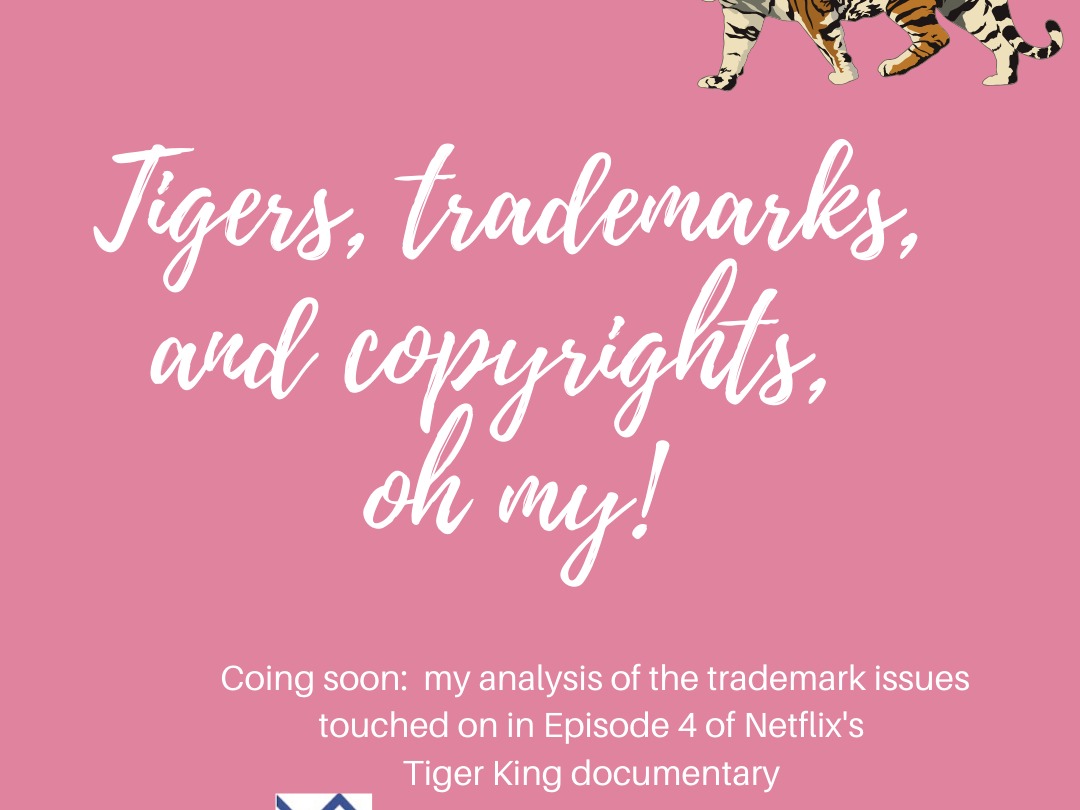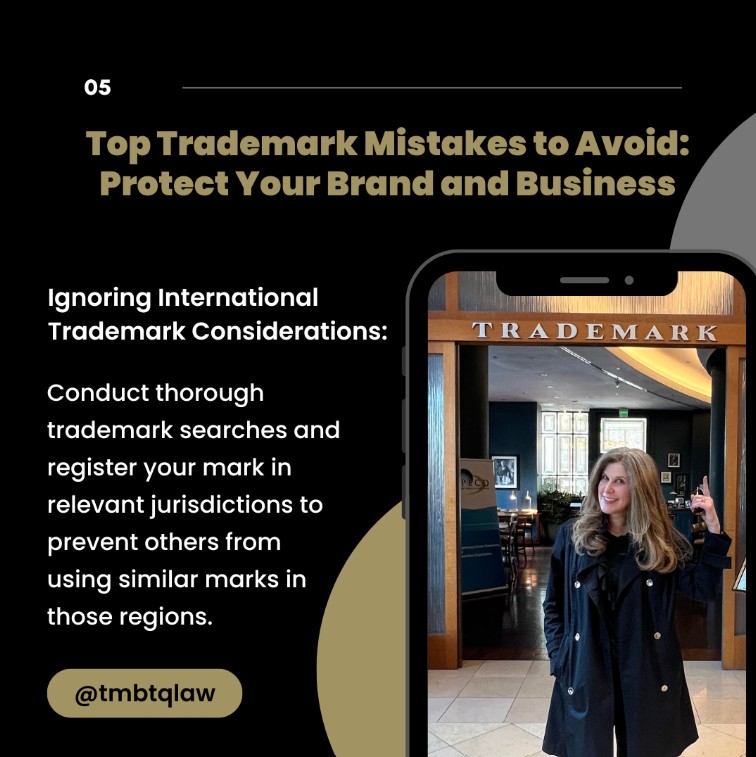My husband recently introduced me to the Marvel Cinematic Universe by way of the entertaining new show, She-Hulk: Attorney at Law. By absorbing a few drops of her cousin Hulk’s blood, formerly petite attorney Jennifer Walters develops super-powered strength. When the media learns of her thwarting another superhuman, Titania, in court, they dub her She-Hulk and her new life as a superhero (who also practices superhuman law) begins.
Marvel and the show’s creators are great at drawing the viewer in, but I think they may need a little education when it comes to intellectual property. At the end of the most recent episode (Episode 4), Attorney Walters (a.k.a. She-Hulk) receives service of process. The documents reveal that she is being sued for trademark infringement by Titania. The camera zooms in on the complaint, and the term She-Hulk has a TM after it. According to the process server, “Titania trademarked the word She-Hulk first.”
Oooookay, so a few issues here. First of all, a registered trademark uses the ® designation, not just a mere TM. People always have “common law rights” in a trademark beginning on their date of first use, in the particular geographic region where they’re using them. The TM designation simply gives notice to people that you are claiming trademark rights in a word or design used in connection with particular goods or services. If Titania had a decent lawyer, and a legitimate trademark registration, she’d at least use the ® designation.
Secondly, “trafficking in trademarks” is specifically prohibited. In other words, the goal of trademark law is to help consumers understand the source of goods or services that originate from a brand. One cannot merely register words in the hopes of selling them to a later user, or suing someone the moment they use your registered mark. To even apply for a trademark registration with the U.S. Patent and Trademark Office, even as an “intent to use” application, you need to make a declaration under oath that you have a bona fide intent to use the mark in connection with goods or services. Then, you need to show actual use in order for an application to mature to registration. It does not seem that Titania (played by Jameela Jamil, btw, who I loved in The Good Place) had any use of the mark prior to Jennifer Waters being dubbed She-Hulk.
Finally, I question with what goods or services Titania registered the term She-Hulk. Fictional characters can be registered in connection with, for instance, a graphic novel series, or related merchandise such as apparel or stickers. However, there is no trademark classification that I know of, that would allow Titania to register the mark in connection with superhuman powers. Then again, as we get into the world of crypto and bitcoin, some of the definitions of the Trademark Manual of Identification of Goods & Services are changing, so maybe we should adapt some definitions for super-humans, too.
I look forward to hearing more about the intellectual property lawsuit that She-Hulk and Titania are involved with. And hey, Jessica Gao and Disney+: if you need an actual trademark lawyer to help you navigate these issues, feel free to reach out!



